Message from Meltdown and Spectre: Create a Patching Strategy!
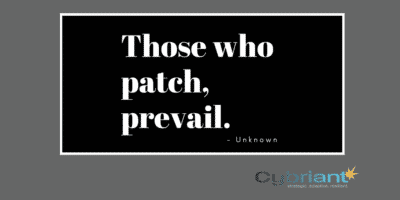
“Those who patch, prevail.” – Unknown
While patching may be the most boring, thankless job in the IT department, it could be the one that prevents the most cyber attacks. Hackers use known vulnerabilities to launch attacks on businesses. Having your systems updated and patched may be the best first line of defense.
Video – Backup vs. High Availability
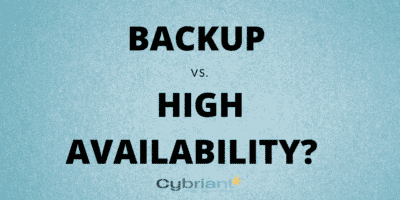
Take a few minutes and watch this video with George Crump, Lead Analyst from Storage Switzerland, and Lilac Schoenbeck, Senior Director of Portfolio Marketing from Carbonite. They discuss the differences between data backup and high availability and how they can work together to form a complete data protection strategy.
It’s Time to Move to a Proactive Cybersecurity Approach
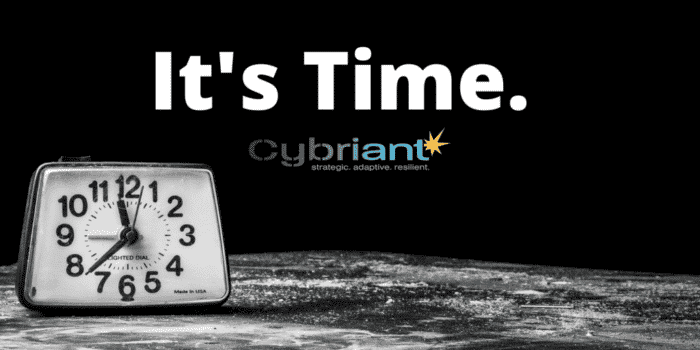
AlienVault recently conducted a survey of 233 IT professionals about how their roles have changed since the WannaCry and NotPetya cyberattacks in 2017. As you can imagine, these IT professionals are experiencing increased workloads:
Two-thirds (66%) are more up-to-date with patching than they were previously.
Half (50%) say that they are now using threat intelligence more regularly, to stay ahead of emerging threats.
In addition, 58% carried out a review of their organization’s cybersecurity posture following the attacks.
The Dark Web and What We Can Learn From It

The Deep Web contains an incredible amount of data – 7,500 terabytes, which, when compared with the surface web’s 19 terabytes, is almost unbelievable. Thanks to a sharp increase in cybercriminal activity in recent years, this shadowy portion of the internet encompasses as much as 550 times more public information than that of the surface web.
THIS was the most common password in 2017?

Sadly, the password 123456 has emerged as the most common password for the second year in a row. SplashData, a company that provides various password management utilities, compiles an annual list of common passwords by analyzing over five million user records leaked online in 2017.
Cybersecurity trends 2018: Cyberattacks will continue to surge
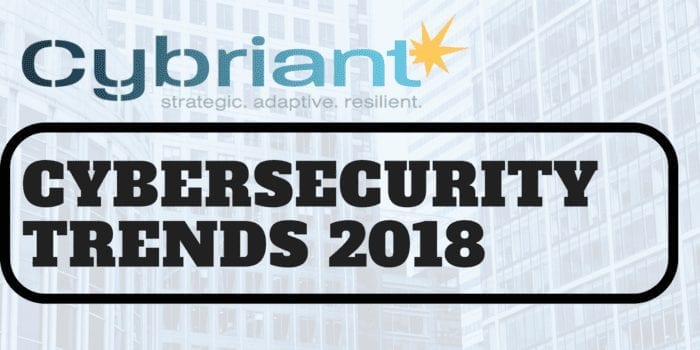
To predict what will happen in 2018, let’s take a look at what happened in 2017. In the first six months of 2017 alone:
There were 918 data breaches which compromised 1.9 billion data records in the first six months of 2017, which is an increase of 164% compared to 2016.
FBI Warning: Hackers don’t stop for the Holidays
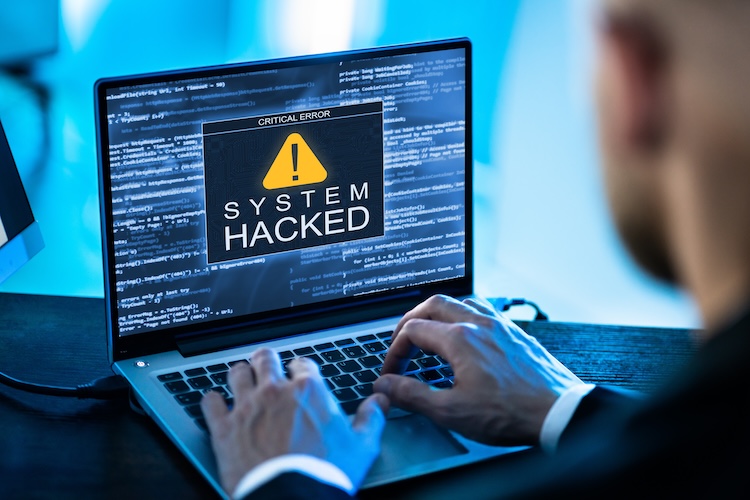
The FBI has released a warning about a fraudulent email scam, just in time for the holidays. According to the release, “The emails claim to be from one of three shipping businesses and claim that a package intended for the email recipient cannot be delivered. The messages include a link that recipients are encouraged to open in order to get an invoice to pick up the package, however, the link connects to a site containing malware that can infect computers and steal the user’s account credentials, log into the accounts to obtain credit card information, additional personal information, and learn about a user’s shipping history for future cyber attacks.
How to Prepare for IPv6 DDoS attack
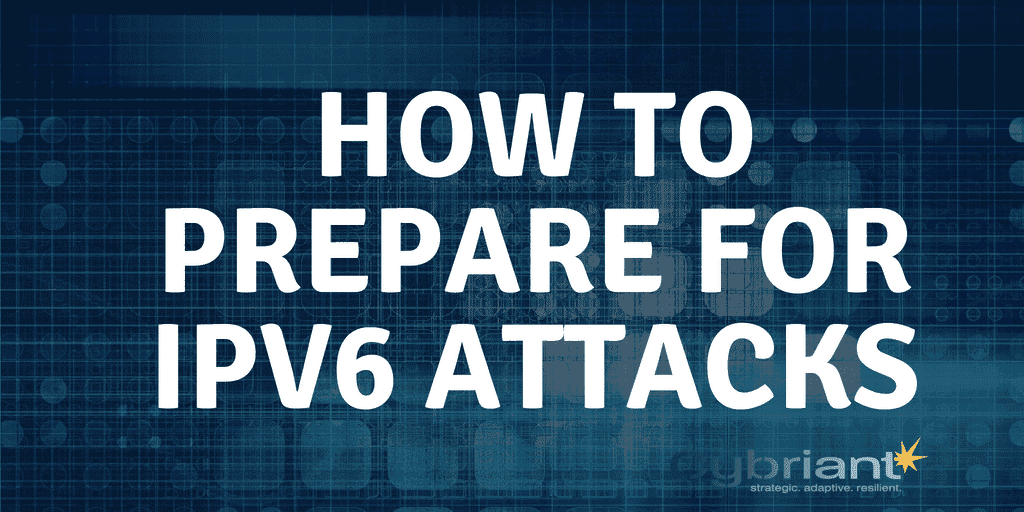
Every device on the Internet is assigned a unique IP address for identification and location definition. With the rapid growth of the Internet after commercialization in the 1990s, it became evident that far more addresses would be needed to connect devices than the IPv4 address space had available.
Two-Thirds IT Managers Struggle with SIEM
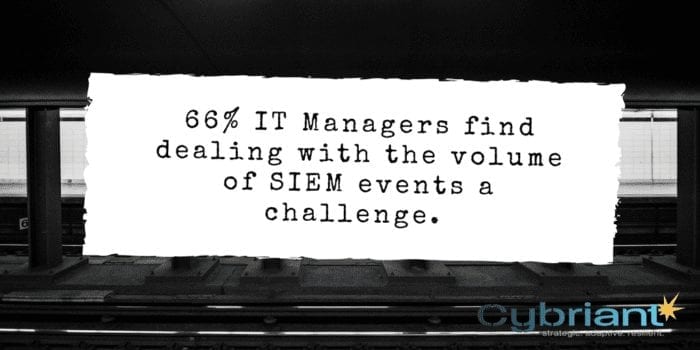
As you know, security information and event management (SIEM) systems collect data from enterprise networks, applications, and logs from operating systems, databases, and other sources. Read more about why you need SIEM.
Dealing with critical incidents should be a top IT priority. Your organization should have a plan in place to resolve those issues once they’ve been detected. If you and your IT team are overwhelmed with the volume of events – you are not alone! How many incidents are normal? According to a recent report:
Utopia DNS Hijacking

If your computer has been performing much slower than usual or think you have a bad modem, you may have been hacked. According to Comcast, utopia.net is part of a DNS hijacking attack. You should check all of your systems for malware, and then make sure your devices are getting their DNS servers set automatically from Comcast or manually.
